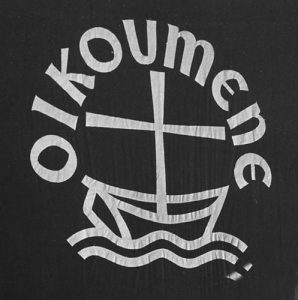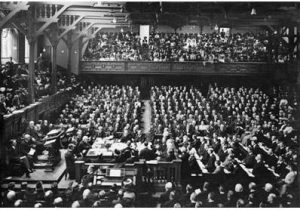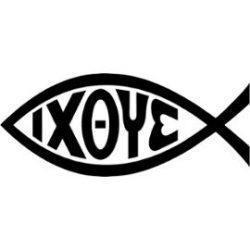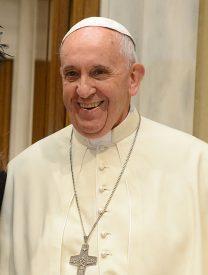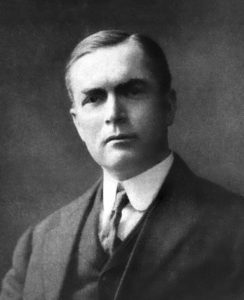Divisions in the ecumenical dialogue
Throughout centuries Christians have been divided on theological matters, often used for political purposes. Besides, historical tragedies prompted migrations leading to the implantation of diasporas, some of which broke away from their original Church. The result was that Christianity was split into many Churches.
If diversity is a wealth, divisions between Christians can also be seen, from a spiritual point of view, as a counter-testimony or even a scandal or a sin.
Ecumenism
Ecumenism is a way to meet the challenge – the term refers to all the efforts and manifestations to promote dialogue and bring together different Christian traditions.
Ecumenism started with the Conference of Protestant missionary societies in Edimburgh in 1910, as a preliminary to founding the World Council of Churches in Amsterdam in 1948. Bilateral and multilateral ecumenical relations were established.
Vatican II council (1962-1965) marked an opening of the Catholic Church which resulted in lifting anathemas, in common announcements with other Christian Churches, in common actions and commitments to pursue the dialogue.
The great dates of ecumenism
The following list gives an idea of the various ecumenical endeavours from the early 20th century.
1910: Conference of the Protestant mission societies in Edinburgh.
1921: Beginning of the ‘Malines Conversation’ initiated by the joint initiative of Cardinal Désiré Mercier, Catholic archbishop of Malines-Brussels, and Lord Halifax -an Anglican– as well as Father Fernand Portal – a Catholic.
1927: First ‘Faith and Constitution’ conference in Lausanne, Switzerland.
1935: On the initiative of Father Couturier a Week of prayer for unity began.
1937: First meeting of the Dombes Group between French-speaking Catholic and Protestant theologians.
1948: First general assembly of the World Council of Churches in Amsterdam.
1960: John XIII created the Secretariat for Christian Unity.
1964: Paul VI and the Orthodox ecumenical patriarch Athénagoras of Constantinople met.
1971: First Anglican-Catholic agreements on the Eucharist.
1975: Ecumenical translation of the Bible into French.
1983: ‘Baptism, Eucharist, Ministry’ document, of Lima.
1989: First European ecumenical assembly in Basel, Switzerland.
1995: Encyclical of Jean-Paul II ‘Ut unum sint’.
1997: Second ecumenical assembly in Graz, Austria.
1999: The common Lutheran-Catholic declaration on the ‘Doctrine of justification’ was signed in Augsburg, Germany.
2001: The European ecumenical charter was signed.
2013: Report of the Lutheran-Catholic commission on unity ‘From conflict to unity’.
2016: 31 October at Lund Cathedral, Sweden, common Catholic-Lutheran commemoration of the Reformation; a joint declaration was signed by Pope Francis and the president of the World Lutheran Federation, and the Palestinian bishop Mounib Younan.

